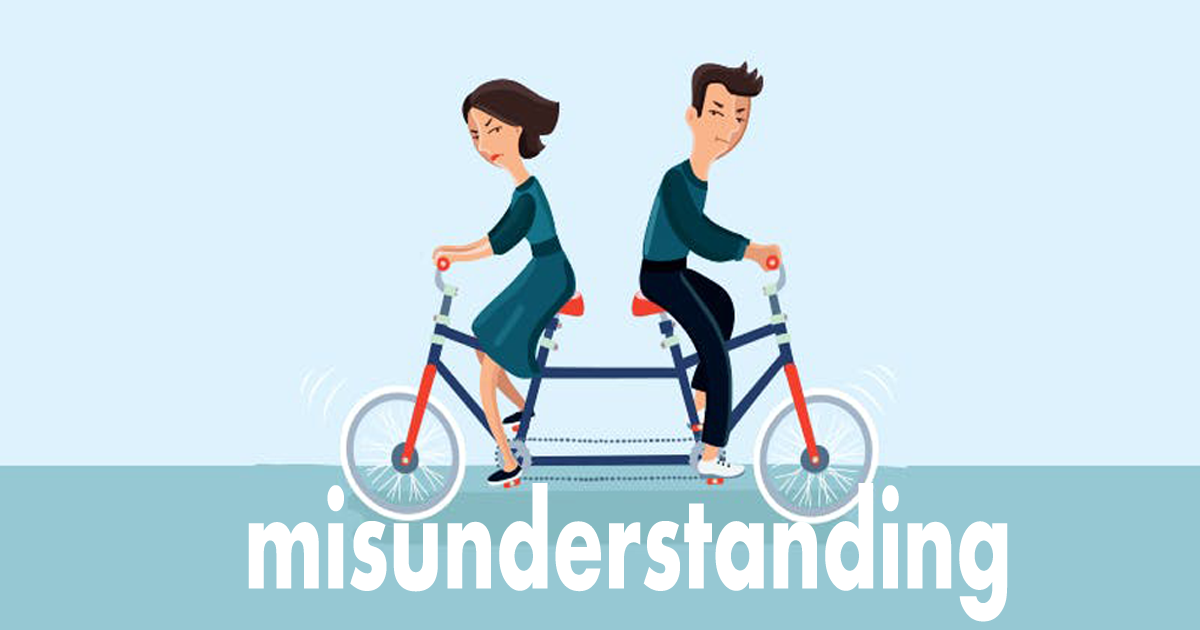How can I stop dwelling on negative thoughts?
Negative thinking can be a tough habit to break, but it's an important one to work on. Not only can negative thoughts bring us down and make us feel bad about ourselves, they can also have a negative impact on our physical health and overall well-being. If you're tired of dwelling on negative thoughts and want to break the cycle, here are some tips that can help:
Similar Question for answer please read below article:
- Why am I always so pessimistic?
- How can I stop dwelling on negative thoughts?
- How do I break the cycle of negative thinking?
- Why do I struggle to see the positive side of things?
- How can I change my mindset to be more positive?
- How do negative thoughts impact my mental health?
- What are some strategies for reframing negative thoughts?
- How can I stop letting negative thoughts control my actions?
- How can I train my brain to think more positively?
- How do I challenge and overcome negative self-talk?
How can I stop dwelling on negative thoughts?
There are several ways you can try to stop dwelling on negative thoughts:
-
Identify the negative thought: When you find yourself thinking negatively, take a step back and try to identify the specific thought.
-
Challenge the negative thought: Once you have identified the negative thought, try to challenge it. Ask yourself if the thought is realistic and if there is evidence to support it.
-
Replace the negative thought: Once you have challenged the negative thought, try to replace it with a more positive or realistic one.
-
Practice mindfulness: Paying attention to the present moment can help you to stay focused on the here and now, rather than dwelling on negative thoughts about the past or future.
-
Engage in activities that bring you joy: Doing things that you enjoy can help to distract you from negative thoughts and boost your mood.
-
Talk to someone: Sharing your thoughts and feelings with a trusted friend or therapist can help to provide perspective and support.
-
Seek professional help: If you find that negative thoughts are affecting your daily life and well-being, it may be helpful to seek the guidance of a mental health professional.
Why am I always so pessimistic?
It is normal to experience negative thoughts or feelings occasionally. However, if you find that you are frequently pessimistic or have negative thinking patterns, it may be helpful to try to identify the root cause. Some potential causes of negative thinking include past experiences, negative thought patterns that have become habit, or certain personality traits. It may be helpful to speak with a mental health professional or seek support from friends and family to work on managing negative thinking.
How do I break the cycle of negative thinking?
There are a few strategies that you can try to break the cycle of negative thinking:
-
Identify and challenge negative thoughts: When you find yourself having negative thoughts, try to identify the specific thoughts and challenge them. Is the thought accurate? Is it based on facts or emotions? Is there evidence to support the thought or is it just a belief that you hold?
-
Practice gratitude: Make a habit of focusing on the things that you are thankful for. This can help to shift your focus away from negative thoughts and towards more positive ones.
-
Engage in activities that you enjoy: Doing things that you enjoy can help to lift your mood and reduce negative thoughts.
-
Seek support: Talk to a trusted friend, family member, or professional about your negative thoughts. Sometimes, just sharing your thoughts with someone else can help to alleviate them.
-
Practice relaxation techniques: Techniques such as deep breathing, progressive muscle relaxation, and mindfulness can help to reduce stress and negative thoughts.
-
Get enough sleep: Lack of sleep can contribute to negative thinking, so make sure that you are getting enough rest.
-
Exercise regularly: Physical activity has been shown to have a positive effect on mood and can help to reduce negative thoughts.
-
Seek professional help: If your negative thoughts are persistent and are affecting your daily life, consider seeking the help of a mental health professional.




































